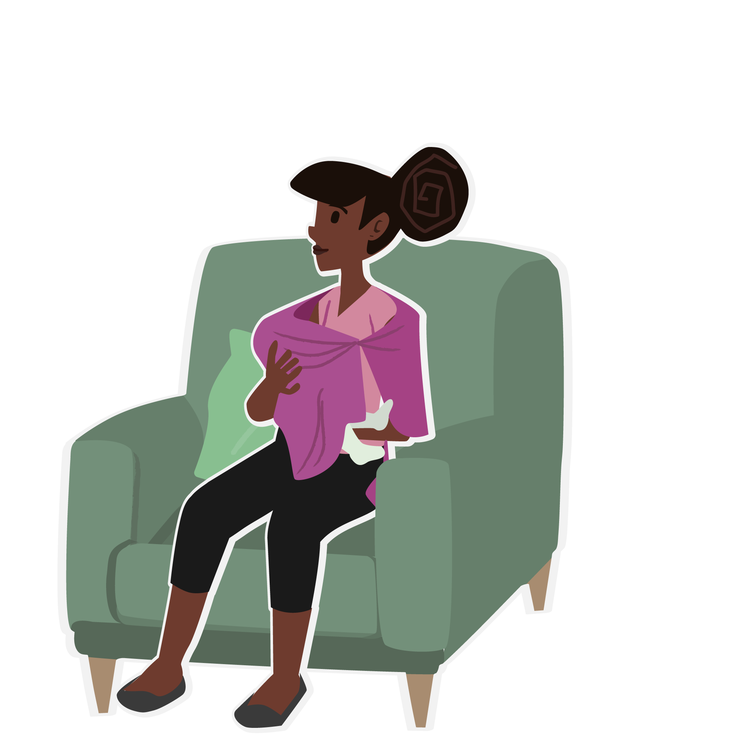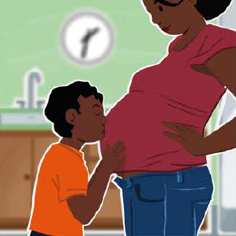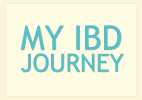Pregnancy and parenthood

Pregnancy and parenthood
If you’re thinking about starting a family or are pregnant, you may have questions about how IBD could affect you, including anything you may need to consider, along with who to speak to for advice. The good news is that most people with IBD who want to have children go on to have a healthy pregnancy and healthy baby.
Discuss plans to get pregnant with your doctor
If you have IBD, it’s important to consult your General practitioner (GP) as well as your gastroenterologist as soon as you decide that you’re going to try and get pregnant, so they can determine the best treatment and management plan for you. While some medications are considered safe during pregnancy, some should be avoided, so it’s a good idea to discuss this carefully with your doctors. They will give you advice on staying healthy during pregnancy and answer any questions you have about how IBD might affect a pregnancy. Local patient associations also provide support when you’re preparing yourself for parenthood.

During pregnancy

Take regular breaks
Pregnancy can be tiring, and IBD can add to this, so making time for rest is important.
Keep in touch with your doctor
If you have questions about your treatment, or are considering stopping your medication, make sure you speak with your GP or gastroenterologist first.
If you’re worried that pregnancy might make your IBD worse, your doctor can also help you. According to available research, if you have mildly active or inactive IBD when you become pregnant, it is unlikely to get worse in pregnancy. If you become pregnant while your disease is active, it is more likely to remain active during your pregnancy. Your doctor will be able to discuss your personal circumstances and how to best cope during pregnancy. |
When your baby arrives
If you have questions about breastfeeding while taking your IBD medication, it’s important to discuss this with your doctors as not all medications can be taken during this time.
Lean on your support network
Having a good support network in place is important both during your pregnancy and when the baby comes, as well as not putting too much pressure on yourself to be the ‘perfect parent’. Seek additional help if you need it; remember that stress can cause IBD flare-ups.,

Watch the video 'My IBD Journey: Pregnancy & Parenthood', for helpful advice about starting a family, pregnancy and the early days of parenting.
This video has been produced by Janssen, in collaboration with the European Federation of Crohn’s and Ulcerative Colitis Associations (EFCCA). For more information about EFCCA, please visit http://www.efcca.org/
More information can be found on the factsheet: Pregnancy and IBD (Crohn’s & Colitis UK)
